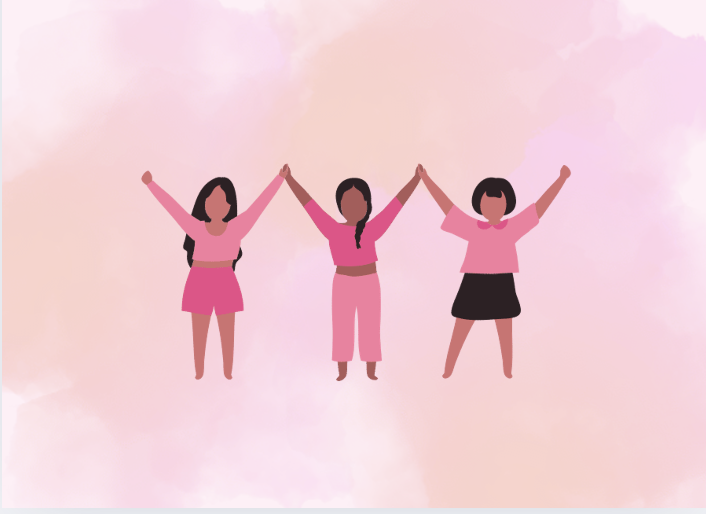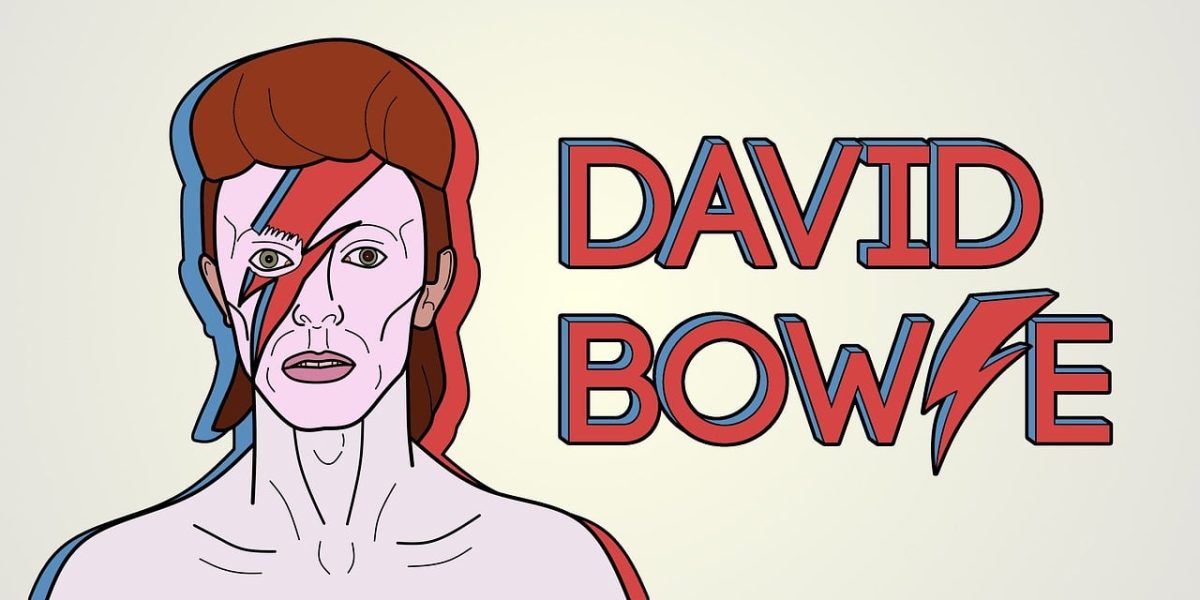Economics is the study of how people try to satisfy what appears to be seemingly unlimited and competing wants through the careful use of relatively scarce resources. The choices are often confused by one’s lack of understanding of wants and needs. I want a new car, but I need food, clothes, and a place to live. So, needs should also take priority over a want. The inability to control spending based on “wants” is where many people go wrong in budget planning.
Economics 101 is learning how to generate enough income (capital) to fulfill one’s wants and needs. Basic economic theory says there are three factors of production: Land, Labor, and Capital. If you are in school, you will rarely have the independent ability to purchase land because of the lack of capital. Thus, as a young person, the one thing you have to offer is Labor. With all the daily requirements of school, church, and extracurricular activities available time to offer your “Labor” is also very scarce. Choices have to be made. Do I play football or do I work? Do I make time to hang with my friends or do I work? Do I work at a grocery store or with a plumber or electrician?
Do you have a goal for raising funds before you graduate? How will you produce it? If you are making money now, how much do you allocate for college, personal, or savings? Do you have a bank account? Have you spoken to your local banker about teen accounts?
Labor. What am I worth? Well, until you enter the job market, you will never know. The only job that will pay you exactly what you are worth is commission sales. But those who have technical, computer, or writing skills may have more options. The important thing is to get experience.








